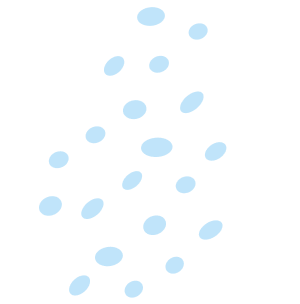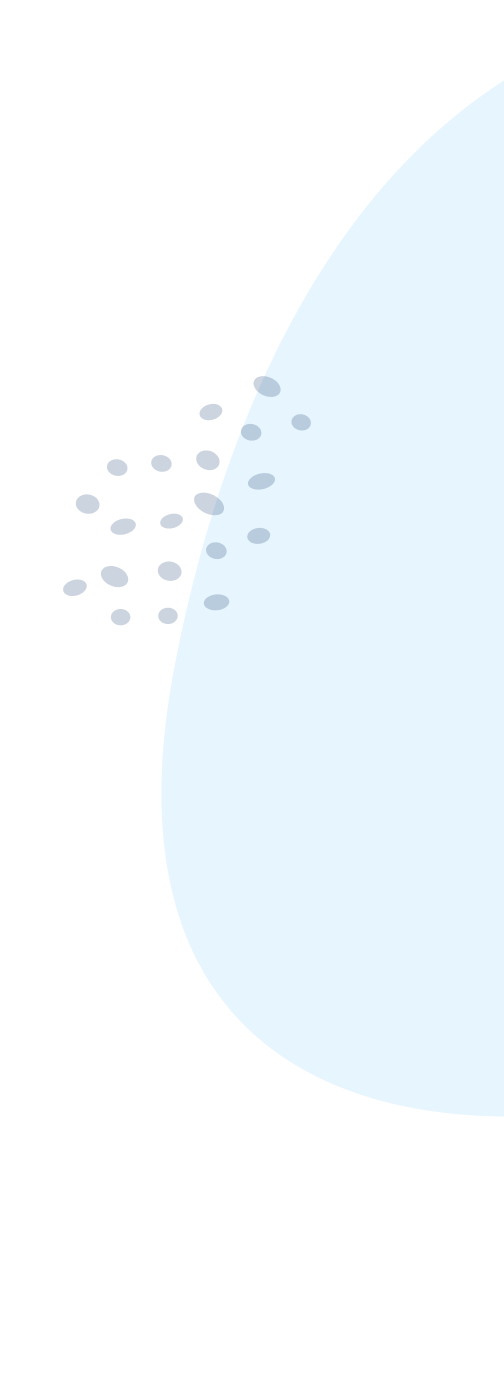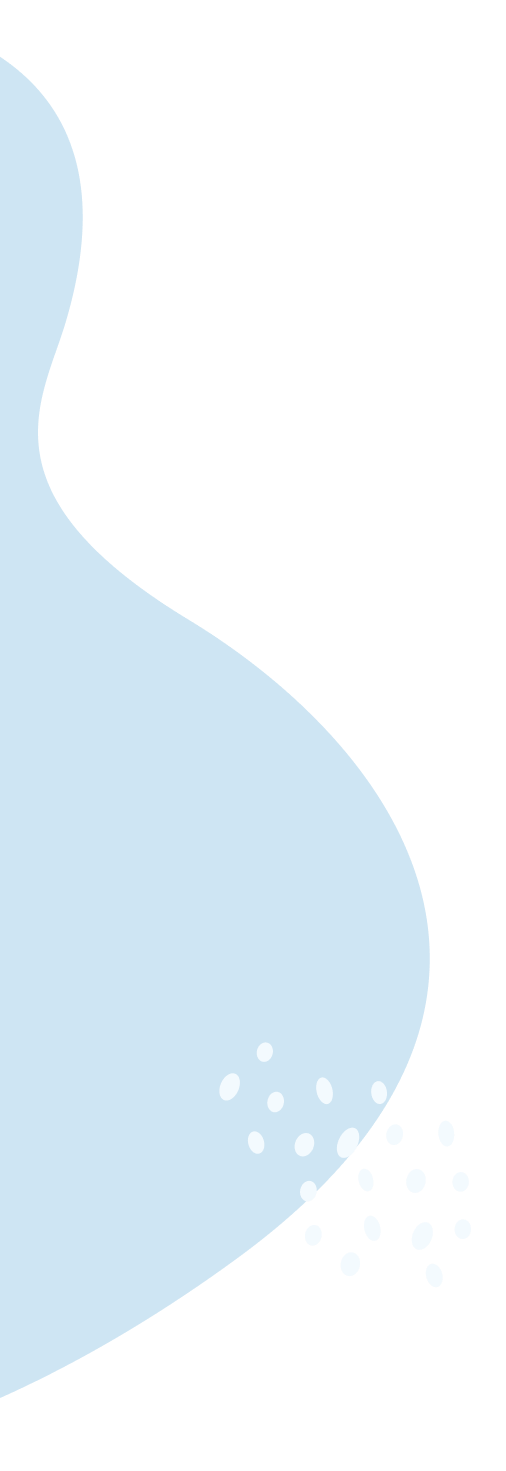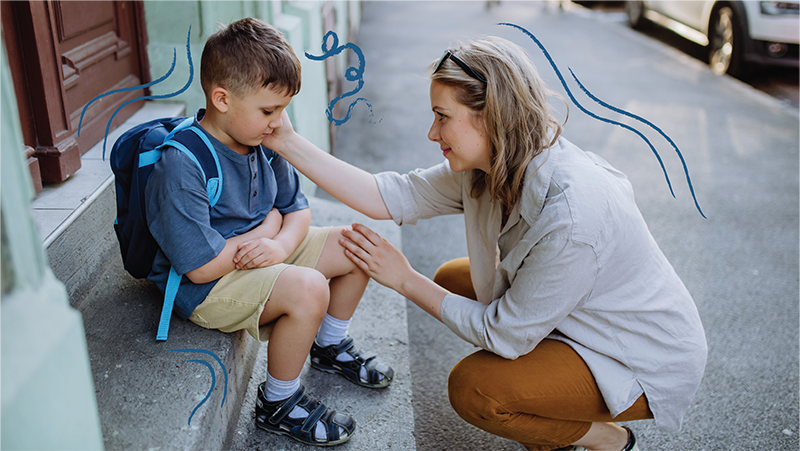
Mightier’s engaging behavioral therapy program allows all kids to access Mightier regardless of barriers to care that exist. Here are 7 common barriers to care, and how Mightier supports children and families in spite of each barrier.
Insufficient number of providers
The average wait time for a family to get pediatric mental health outpatient care is 100 days. Additionally, 70% of U.S. counties have no psychologist or psychiatrist.
For every 10 clinicians entering work in mental health clinics, 13 clinicians are leaving, limiting the amount of care that can be provided and making waitlists even longer.
Mightier is a self-directed, child-focused program that allows a child and family to see clinical results without a provider and even better results if they are working with a provider. We find the best results happen when a child plays Mightier for 45 minutes a week in their home.
Because Mightier is a flexible, convenient video game and play-based program, it is ideal for children and families who:
- do not have access to a provider locally or via telehealth
- are on a waitlist for care
- do not have a provider who speaks their preferred language
Mightier can alleviate the need for a provider to engage with the child as frequently and can aid in ending treatment early (if the child is already engaged in 1-1 treatment).
When integrated with 1-1 care, Mightier has demonstrated an 84% improvement (as reported by behavioral health providers). Mightier can also be used to prevent the need for 1-1 treatment if used early on in a child’s care journey (i.e. upon diagnosis).
In addition to the engaging game experience, Mightier offers clinical oversight for families by licensed clinicians. Families match with a clinician upon signing up for services and offer optional setup and consultation calls, along with a monthly review of the child’s engagement. These clinicians are able to serve hundreds of families (rather than ~30 clients when compared to traditional 1-1 care) through Mightier’s unique programming while also building relationships and supporting families to use the program effectively.
Long distance to travel for care
Nearly 17% of Medicaid beneficiaries live in rural settings which impacts the distance needed to travel to appointments. This is particularly difficult for working caregivers and families with limited access to reliable or public transportation.
Mightier is delivered directly to a family’s home, within one week of sign-up.
Children and caregivers engage with the Mightier program where they are able to, whether that be within their own home, on the way to other appointments, or on their way home from school. Children are able to play independently and engage on their own schedule, meaning they can play while their caregiver is still at work, in the morning after getting ready for school, and at other times that are most convenient for them. This allows flexibility that is typically difficult to find in traditional models of care.
Language capacity of behavioral therapy providers
Almost 22% of the population in the U.S. speaks a language other than English.
Children and families with limited English proficiency (LEP) are among the most vulnerable populations of individuals as they have many barriers to accessing mental health care that is:
- in the language they speak
- culturally appropriate
- with a provider who understands their cultural background and experiences
When looking at the second most commonly spoken language in the U.S., Spanish, only 7% of licensed psychologists identify as Latino while only 5.5% of therapists can provide effective services in Spanish. This disparity only grows the less common the language is in the U.S.
Because Mightier is a digital program it can be adapted to any language to fit the needs of any population.
Mightier’s program (including Clinicial Oversight) is currently available for both children and their caregivers in English and Spanish.
Mightier has the capability to translate all programming (for children and caregivers) as well as marketing materials to any language requested by partners to support access for all children and families in need. Licensed clinicians to deliver clinical oversight of Mightier’s programming can be hired depending on both the concentration of language for the population within a state, as well as the availability of providers who are able to deliver services in that language. Mightier is able to work with language lines and translation services to ensure all families are able to receive support.
Lack of internet connection
13%-26% of families do not have consistent in-home access to the internet and an estimated 13% of Medicaid enrollees have no internet access in their home, either through a computer or a cell phone. This impacts the ability of families to utilize telehealth services and other digital mental health care options.
Children can access Mightier’s evidence-based program from anywhere, regardless of internet access. This allows the opportunity for families without internet access to receive behavioral health care.
Mightier also sends monthly, physical mailers containing CBT-inspired activities and resources to families’ homes. This allows families to engage with behavioral therapy and improve emotional regulation in children offline, in a fun, engaging way.
Stigma related to therapy and behavioral health care
Studies show that racial minorities have more stigma for common mental disorders when compared with majorities. This stigma impacts the openness, use, and outcomes of traditional care options.
Within the BIPOC community, only 13% of children from diverse racial and ethnic backgrounds receive mental health services.
Underserved members of the community are 20-50% less likely to start using mental health services and 40-80% more likely to drop out of treatment prematurely.
Mightier offers an alternative to traditional, 1-1, talk-based care as Mightier’s programming is video game-based. Hispanic and Black individuals are more likely to play games among ethnic group demographics in the U.S. and 96% of all Americans see video games as beneficial, even if they don’t play them regularly.
Mightier offers a solution that many families may be more open to trying as an alternative to traditional care because it is in a more approachable format. (Take a look at our games!)
Child-specific teletherapy
Children’s needs regarding behavioral therapy vary compared to adults, especially when it comes to teletherapy. Some studies have indicated that teletherapy is less preferred for children. Reasons for difficulties engaging in teletherapy are due to many factors including:
- child attention and fatigue
- lack of pediatric-focused providers
- the difficulty of providing child-focused interventions via teletherapy
Mightier’s impact was studied specifically for children and the program was built by child experts and game designers to make the experience child-centric.
Mightier puts the child in the center of the experience by catering opportunities to learn in a way that is playful and meaningful to them, while also showing meaningful clinical results for behavioral therapy.
87% of families whose children use Mightier see improvement in 3 months.
Mightier allows self-expression and provides opportunities for self-reflection throughout the program to enhance buy-in and engagement, yielding positive outcomes outside of the program and in real-life, stressful situations.
Caregiver time and availability
Working caregivers can have difficulty finding time to take their children to behavioral therapy appointments. It can be difficult to leave work to take a child out of school to attend a session. Afternoon appointments can be difficult to book due to availability and can be difficult to attend for many caregivers, especially those working the second or third shift.
32% of working parents report changing or quitting their jobs in the past 2 years because of their child’s mental health.
53% of working parents have missed work at least once per month to deal with their children’s mental health and 54% of working parents interrupted their work to answer communication about their child’s mental health needs during business hours.
This has impacts on maintaining employment as well as professional growth.
To support the caregivers’ busy schedules, Mightier is shipped directly to a family’s home and can be used anywhere and at any time. Mightier’s clinical impact is demonstrated not just by children who use it, but also by their caregivers.
68% of caregivers using Mightier report less caregiver stress and 73% of caregivers report less conflict with their children.
This improvement in a caregiver’s stress and conflict at home results in positive well-being that stems into all facets of a caregiver’s life (work, relationships, etc.).
Improved Access to Behavioral Therapy for Children and Families
If you’re interested in expanding access to behavioral therapy to support kids’ emotional regulation and overall mental wellness, get in touch. We would love to talk to you!

















